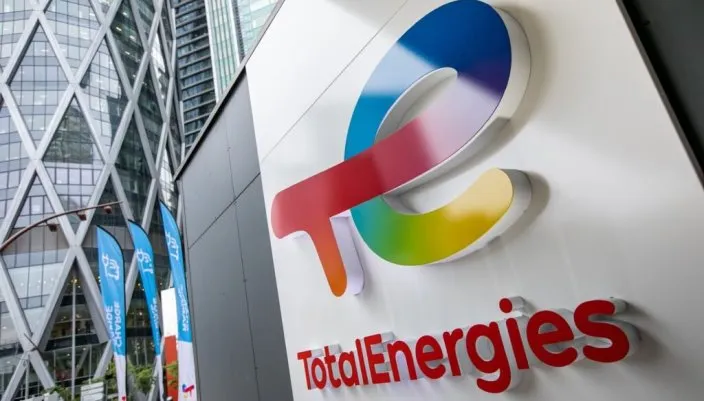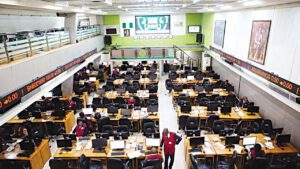


Total Energies beats forecast, posts N13.730bn pre-tax profit in Q2, 2024
Total Energies Marketing Nigeria Plc has reported a pre-tax profit of N13.730 billion for Q2 ending June 30, 2024, reflecting a 95 percent year-over-year increase and surpassing its Q2 pre-tax forecast of N6.419 billion.
This brought the H1 2024 pre-tax profit to N30.571 billion, nearly double the company’s total pre-tax profit for 2023.
Also, according to the company’s Q2 2024 financial statements, revenue grew by 87 percent year-over-year to N260.105 billion, driven by the revenue from petroleum products.
Revenue: N260.105 billion +86.69 percent YoY; Cost of sales: N230.805 billion +93.46 percent YoY, Gross profit: N29.300 billion +46.32 percent YoY, Selling & Distribution Expenses: N3.807 billion +198.85 percent YoY, Administrative Expenses: N14.507 billion +43.28 percent YoY, Operating profit: N16.318 billion +99.40 percent YoY, Net finance cost: N2.588 billion +128.75 percent YoY, Profit after tax: N9.069 billion +96.12 percent YoY, Earnings per share: N26.71 +96.11 percent YoY; Cash and Cash Equivalents: N101.790 billion +15.46 percent, Total Assets: N505.044 billion +34.64 percent, Total Equity: N68.158 billion +21.54 percent.
Overall, the company’s performance in Q2 2024 was remarkable, surpassing forecasts across key metrics including revenue, gross profit, operating profit, pre-tax profit, and post-tax profit.
The company has also projected a pre-tax profit of N6.3 billion for Q3 2024. This track record of exceeding forecasts reflects strong operational efficiency and robust financial health, which could lead to dividends and provide attractive returns for shareholders.
Such a performance is likely to enhance investor confidence and sentiment, potentially driving up the share price. Following the release of its Q1 2024 results and Q3 2024 forecast, the share price surged to a 52-week high of N388.90.
However, the rising cost of sales and overheads continues to narrow profit margins. The company seems to operate on narrow margins, as reflected in its profit margins.
For instance, the gross profit margin of 11.26% in Q2 2024 is lower than the 14.37% recorded in Q2 2023. Additionally, the pre-tax profit margin of 5.28% and net profit margin of 3.49 percent may be considered low as this indicates that a smaller portion of revenue is retained as gross profit.
That said, it is important to note that it appears the oil and gas sector generally operates on narrow margins. For instance, during the same period, MRS Oil reported a lower pre-tax margin of 4.12 percent and a post-tax profit margin of 2.69 percent.
A low profit margin, especially when revenue is driven by a single income stream such as in the oil and gas sector, poses inherent risks that investors should be aware of.
It can make the company vulnerable to fluctuations in market conditions, such as changes in commodity prices or regulatory shifts, which could negatively impact overall profitability, financial health and return on equity.
The ability of Total to manage its costs is crucial. Examining its performance trend, it appears the company has been able to maintain a growth trajectory in profitability while consistently paying dividends, which are highly valued by investors.
Over the past five years, Total has achieved a compound annual growth rate (CAGR) of 54 percent in earnings per share and 39 percent in dividends per share.
Last year, the company paid out a dividend per share of N25 or N8.488 billion, from a net profit of N12.913 billion. With the net profit for H1 2024 already at N20.57 billion and retained earnings of N67.98 billion, it is highly likely that the company will sustain its dividend payout for 2024.
Currently, the stock offers a dividend yield of 6.49 percent, which is among the highest in the oil and gas sector and has recorded a year-to-date share price gain of 1.01 percent.
Given this strong dividend yield and the positive performance thus far, it is plausible that investor confidence could be bolstered, potentially leading to a significant increase in the share price.
While achieving last year’s impressive year-to-date gain of 99.48 percent might be challenging, sustained positive performance and higher dividend could certainly contribute to a notable rise in the stock price.



